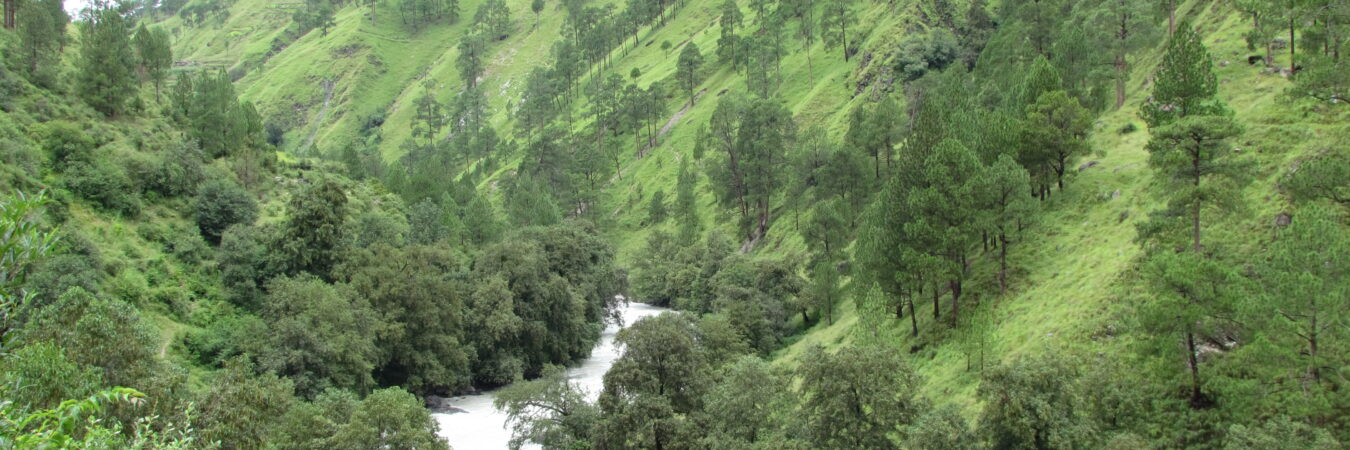
Design and setting up of a governance and payment system for Nepal’s community forestry for management under Reduced Emission from Deforestation and Degradation (REDD) – Phase I
- Starting Date:
- July 1, 2009
- Ending Date:
- July 31, 2010
- Location:
- Dolakha, Gorkha and Chitwan districts
- Donor(s):
- Norwegian Agency for Development Cooperation (NORAD)
Objectives
The broad objective of the project is to demonstrate the feasibility of REDD payment mechanism in community forest management by involving local communities such that deforestation and forest degradation can be reduced by linking sustainable forest management practice with economic incentives. The project also focuses on the concerns of indigenous and marginalized people and local communities dependent on forest by involving them in designing and functioning of a national level governance and payment mechanism that supports community forestry at the grassroots level.
Specific objectives included:
- Strengthen the capacity of civil society actors in Nepal to ensure their active participation in the planning and preparation of national REDD strategies;
- Establish a Forest Carbon Trust Fund that is sustainable and creditable in the long run; and
- Contribute to the development of REDD strategies that can effectively and efficiently monitor carbon flux in community managed forests.
Achievements
The pilot project was implemented in Chitwan, Gorkha and Chitwan, covering 10266 hectares of tropical to temperate landscapes managed by 104 community forests. It among others conducted capacity building activities, identified drivers of deforestation and forest degradation, analyzed the socio-economic status and the forest dependency of communities and accounted forest carbon baselines.
More specifically, ANSAB developed a practical methodology for carbon measurement based on best practices from around the world. It conducted a total of 36 training events, which reached 292 women, 69 Dalits and 308 ethnic people. Local people were also strongly encouraged to participate actively in the carbon inventory of their community forests and, as a result, at least 351 locals, including 73 women, 17 Dalits and 141 indigenous people joined ANSAB’s forestry technicians in the field.
The lessons learned on the ground were meanwhile continuously disseminated at the national level. The Norwegian Development Agency (NORAD) has recognized the rapidprogresses made so far and renewed its support for an additional 3 years.
